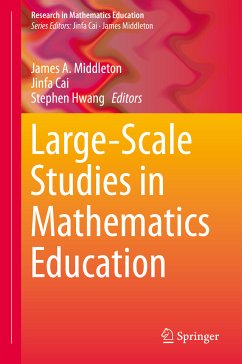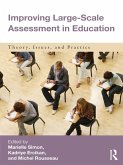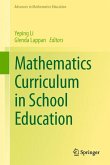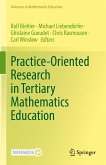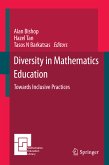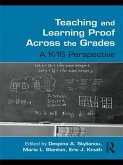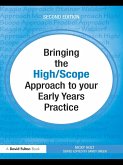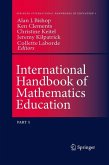In recent years, funding agencies like the Institute of Educational Sciences and the National Science Foundation have increasingly emphasized large-scale studies with experimental and quasi-experimental designs looking for 'objective truths'. Educational researchers have recently begun to use large-scale studies to understand what really works, from developing interventions, to validation studies of the intervention, and then to efficacy studies and the final "scale-up" for large implementation of an intervention. Moreover, modeling student learning developmentally, taking into account cohort factors, issues of socioeconomics, local political context and the presence or absence of interventions requires the use of large data sets, wherein these variables can be sampled adequately and inferences made. Inroads in quantitative methods have been made in the psychometric and sociometric literatures, but these methods are not yet common knowledge in the mathematics education community. In fact, currently there is no volume devoted to discussion of issues related to large-scale studies and to report findings from them. This volume is unique as it directly discusses methodological issues in large-scale studies and reports empirical data from large-scale studies.
Dieser Download kann aus rechtlichen Gründen nur mit Rechnungsadresse in A, B, BG, CY, CZ, D, DK, EW, E, FIN, F, GR, HR, H, IRL, I, LT, L, LR, M, NL, PL, P, R, S, SLO, SK ausgeliefert werden.

